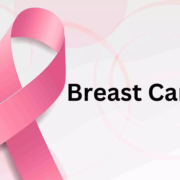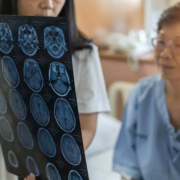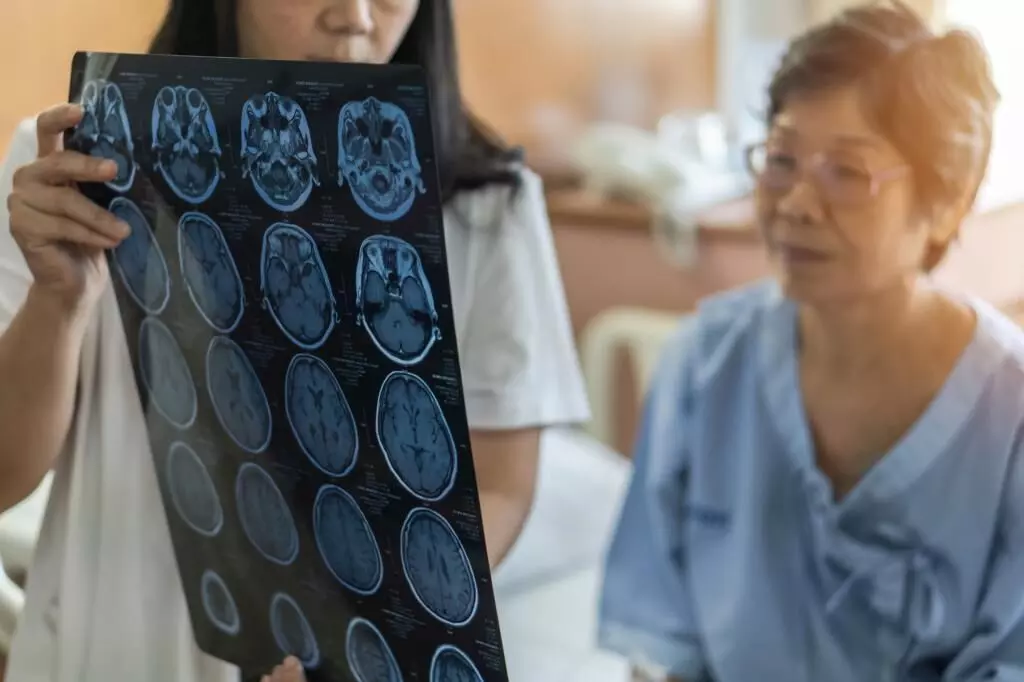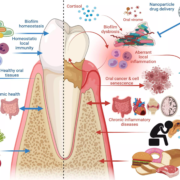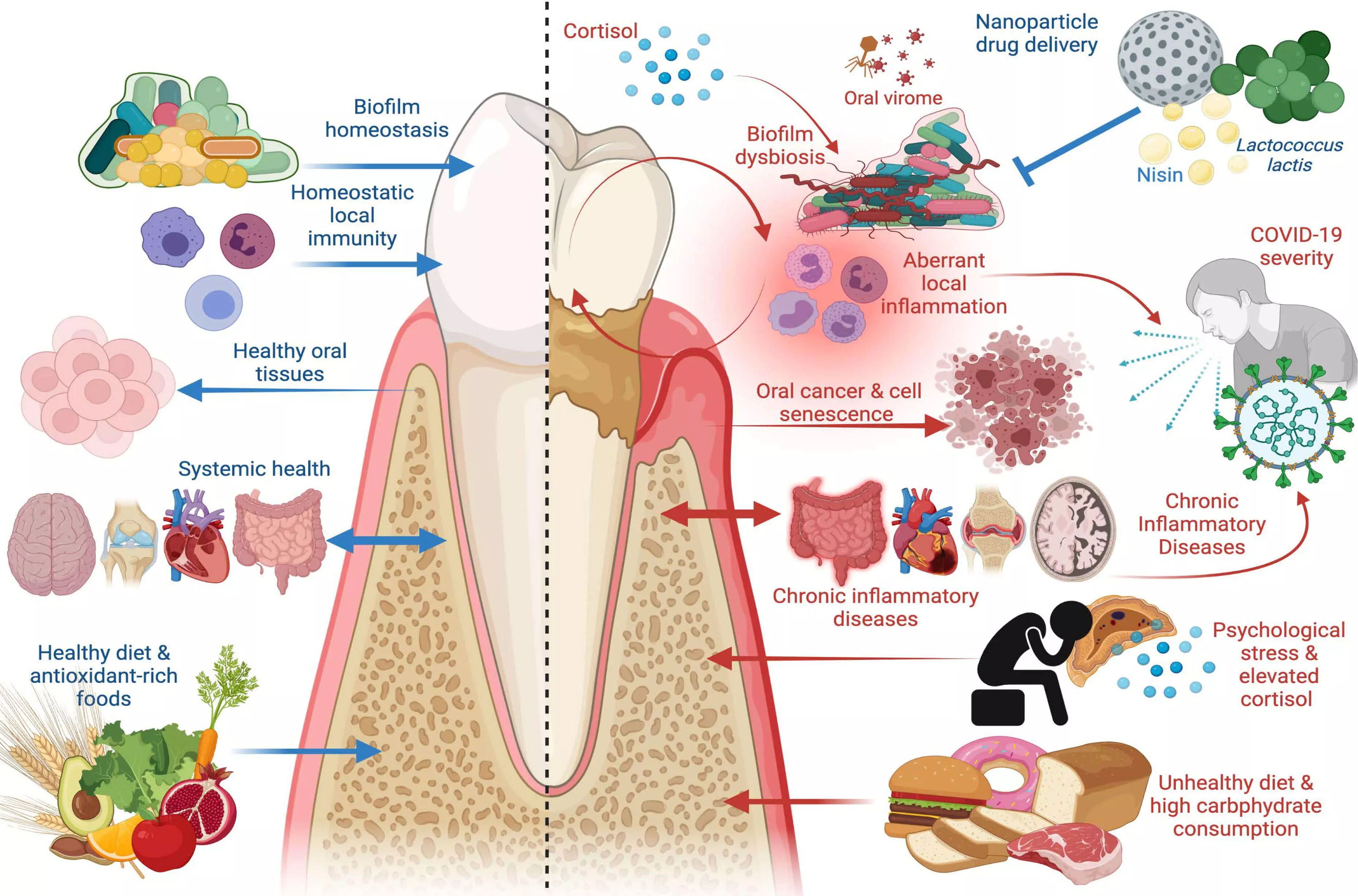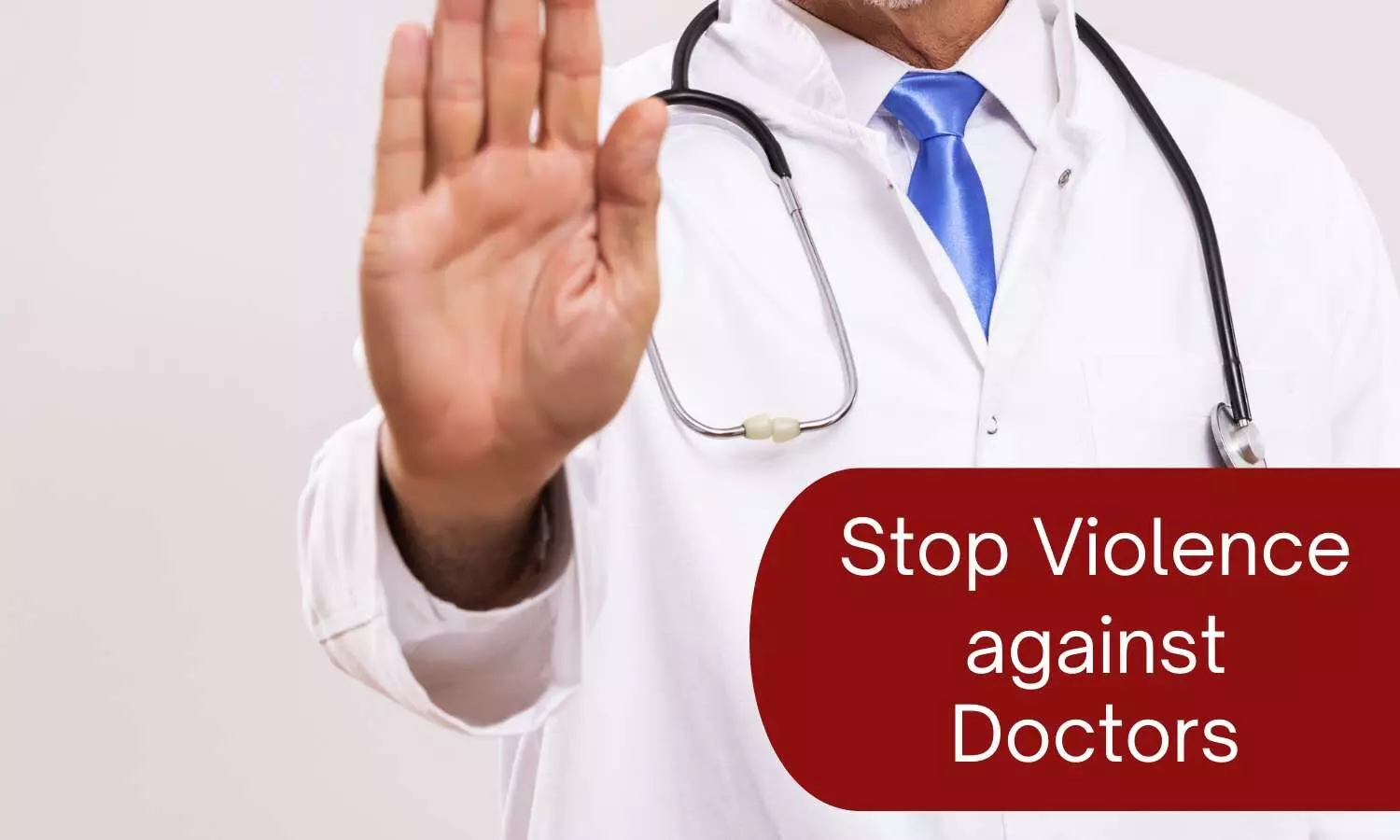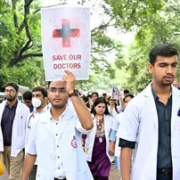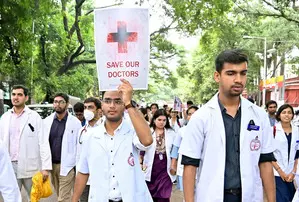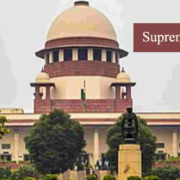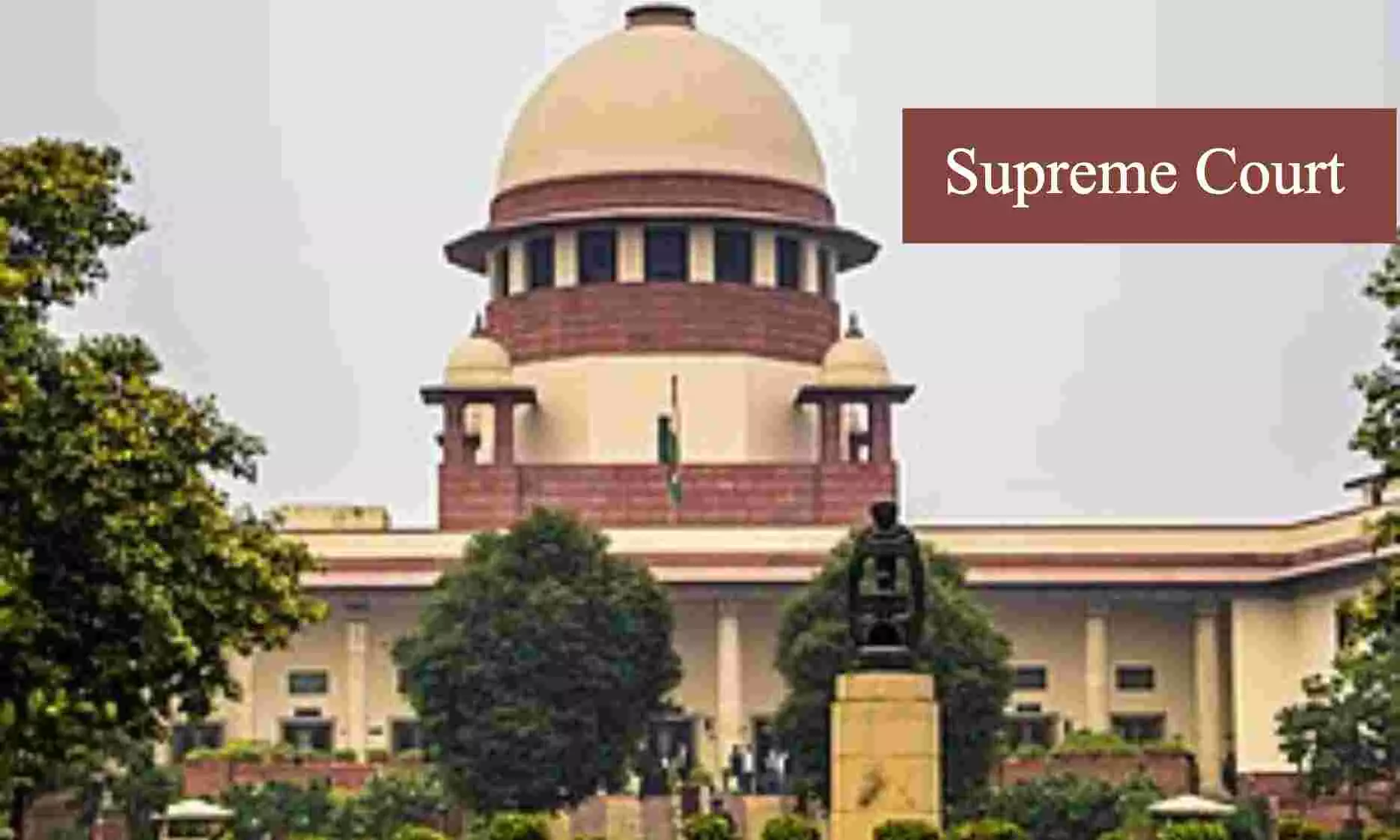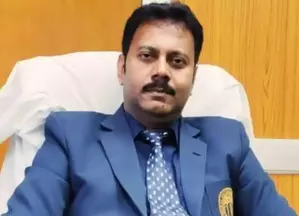Early Menopause Linked to Increased Breast Cancer Risk, reveals research
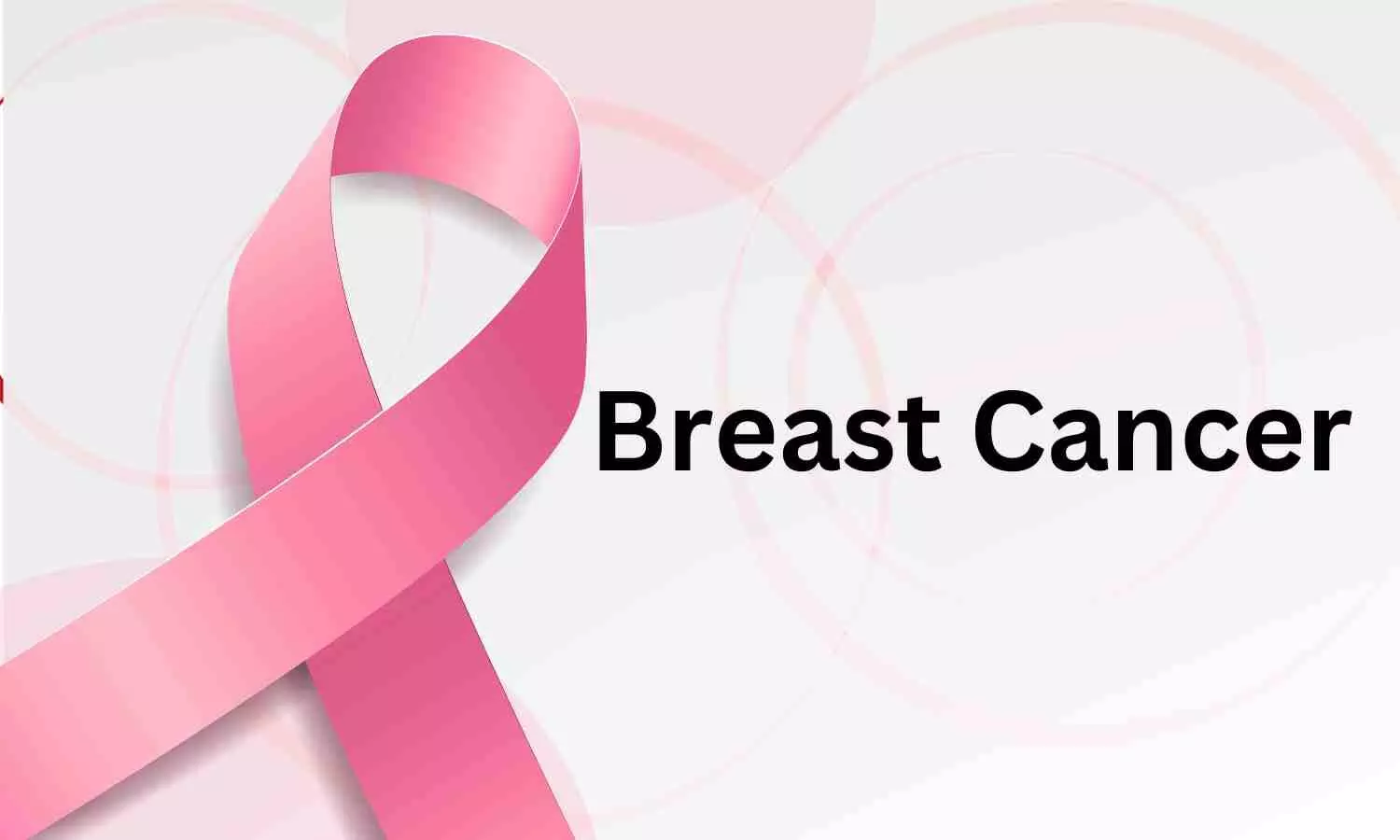
Some who experience menopause early may be at increased risk for developing breast cancer, according to research led by scientists at Huntsman Cancer Institute at the University of Utah (the U) and the Spencer Fox Eccles School of Medicine at the U.
Researchers found that women who underwent menopause before age 46 were nearly twice as likely to have breast cancer as other women of similar ages. Their relatives were also more likely to have breast, prostate, or colon cancer. The study is published in The Journal of Clinical Endocrinology and Metabolism.
Primary ovarian insufficiency (POI), a condition that occurs when the ovaries stop working properly because of the early loss of eggs, causes some people to go through menopause at a relatively young age.
“When women go through primary ovarian insufficiency they are at risk for a number of diseases like osteoporosis and cardiovascular disease,” says the study’s senior author Corrine Welt, MD, an endocrinologist and researcher in the Department of Internal Medicine at the U. “Our results suggest some of these women should be monitored over their lifetimes for cancer risk as well.”
“This work has increased an understanding of the relationship between primary ovarian insufficiency and reproductive cancers, which could guide preventive strategies,” says study co-author Nicola Camp, PhD, a cancer genetic epidemiologist at Huntsman Cancer Institute and director of the Utah Population Database (UPDB). The research team used the unique resource to reveal the relationships between the health conditions.
Connecting cancer and reproductive health
Primary ovarian insufficiency often runs in families, with inherited, genetic factors accounting for up to 43% of cases. Prior studies found that some of the mutations believed to cause the reproductive health condition were similar to those involved in cancer. The correlation prompted the research team to investigate whether these individuals had a higher risk of cancer compared to the general population. They also analyzed women with a related condition, early menopause, which occurs between ages 40 to 45. The women in the study developed breast cancer at almost two times the rate of the general population.
Additionally, relatives of individuals with POI were at greater risk of cancer.
• Second-degree relatives, which include aunts, uncles, grandparents, nieces, and nephews, had a 30% higher risk for breast cancer and a 50% increased risk for colon cancer.
• First-, second-, and third-degree relatives, which include great-grandparents and first cousins, had a 30-60% increased risk of prostate cancer.
Cousins being included in these findings could have broad health implications, Welt explains. People with POI and early menopause may benefit from increased cancer screening. Additionally, individuals of reproductive age from families predisposed to these cancers might be candidates for infertility testing.
In addition to the UPDB, the scientists also examined medical records from two health systems—University of Utah Health and Intermountain Healthcare—that serve 85% of the Utah population. Between 1995 and 2021, 613 individuals were diagnosed with POI and another 165 with early menopause. Then, those individuals were cross-referenced with the Utah Cancer Registry, which tracks cancer incidence and deaths in the state.
Results on familial cancer risk came from more than 26,500 relatives who were represented in the cancer registry and the UPDB. “Utah Population Database is a multi-source data resource with over one billion health-related records, 50 years of cancer data, and at least three generations of family structure for 4.5 million people,” Camp says. “It is a perfect platform to ask questions regarding relationships between different diseases with goals of guiding preventive strategies and improving the health of populations.”
Searching for missing links
The connections between early menopause and cancer lies deep within our body’s cells, the study suggests. To uncover these links, the scientists examined the DNA of six women. Each had an unusual variation in one of the genes that keeps our cells healthy. According to Welt, defects in these basic processes could both compromise the health of ovaries and increase the likelihood of uncontrolled cell division, a hallmark of cancer.
Understanding the root cause of these health conditions could one day lead to new treatments. For now, however, they offer answers. “For women with a POI diagnosis, it’s devastating,” Welt says. “Having an explanation helps them find closure.”
Reference:
Kristina Allen-Brady, Barry Moore, Lauren E Verrilli, Margaret A Alvord, Marina Kern, Nicola Camp, Kristen Kelley, Joseph Letourneau, Lisa Cannon-Albright, Mark Yandell, Erica B Johnstone, Corrine K Welt, Breast Cancer Is Increased in Women With Primary Ovarian Insufficiency, The Journal of Clinical Endocrinology & Metabolism, 2024;, dgae480, https://doi.org/10.1210/clinem/dgae480.
Powered by WPeMatico

